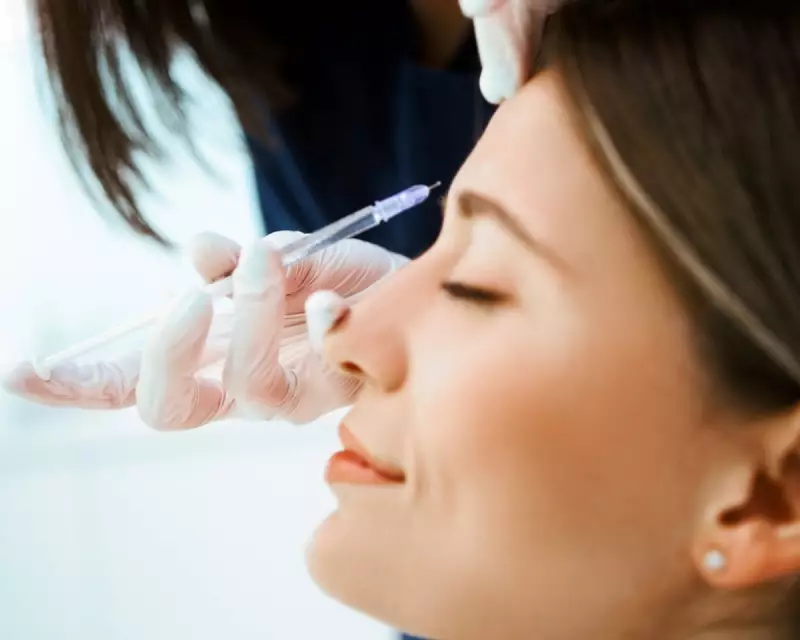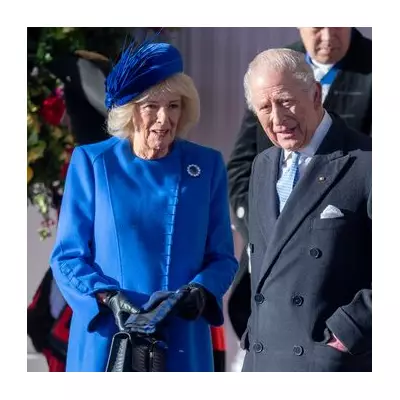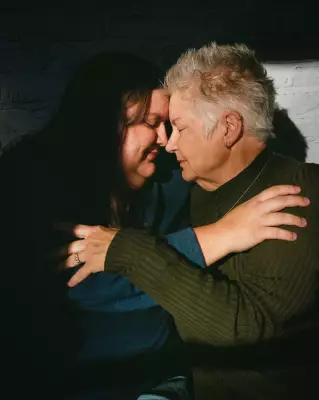
The UK's medicines watchdog has launched a stark crackdown on the illicit trade of counterfeit Botox, warning that those caught selling the dangerous fake jabs could be handed a two-year prison sentence.
The Medicines and Healthcare products Regulatory Agency (MHRA) issued the severe warning amid a alarming surge in the black market for botulinum toxin injections, a trend fuelled by soaring demand for aesthetic treatments.
A Lethal Gamble with Patient Safety
These illicit products, often sourced from unregulated suppliers and sold through social media or illicit clinics, pose a grave threat to public health. The MHRA emphasises that counterfeit injections can contain unknown and potentially lethal substances, leading to devastating consequences including paralysis, severe allergic reactions, and long-term disfigurement.
"This is not a victimless crime," a spokesperson for the agency stated. "We are talking about products being injected into people's faces by unqualified individuals. The risks are enormous and utterly unacceptable."
The Soaring Demand and a Dangerous Supply
The crackdown responds to a perfect storm within the aesthetics industry. As demand for non-surgical cosmetic procedures like Botox has exploded, so too has the incentive for criminals to cash in with cheap, fake alternatives.
These products are frequently manufactured in unsanitary conditions, with no regard for safety standards. They may contain incorrect dosages, be contaminated, or in some cases, contain no active ingredient at all, rendering them completely ineffective while still carrying significant risk.
Enforcement and Public Vigilance
Beyond the threat of imprisonment, the MHRA is urging the public to exercise extreme caution. Officials advise that legitimate Botox is a prescription-only medicine, meaning it should only be administered by a qualified healthcare professional following a face-to-face consultation.
Key advice for consumers includes:
- Always verify the practitioner: Ensure they are a qualified doctor, nurse, dentist, or pharmacist prescribing within their professional competence.
- Check the product: Authentic Botox packaging features specific, verifiable markings and should be prepared in front of you.
- Avoid too-good-to-be-true prices: Heavily discounted treatments are a major red flag for counterfeit products.
- Report suspicious activity: The public is encouraged to report any suspected fake medicines or unqualified practitioners directly to the MHRA.
This strong stance from the regulator marks a significant escalation in the fight against the illegal aesthetics trade, aiming to protect consumers from life-altering harm.





